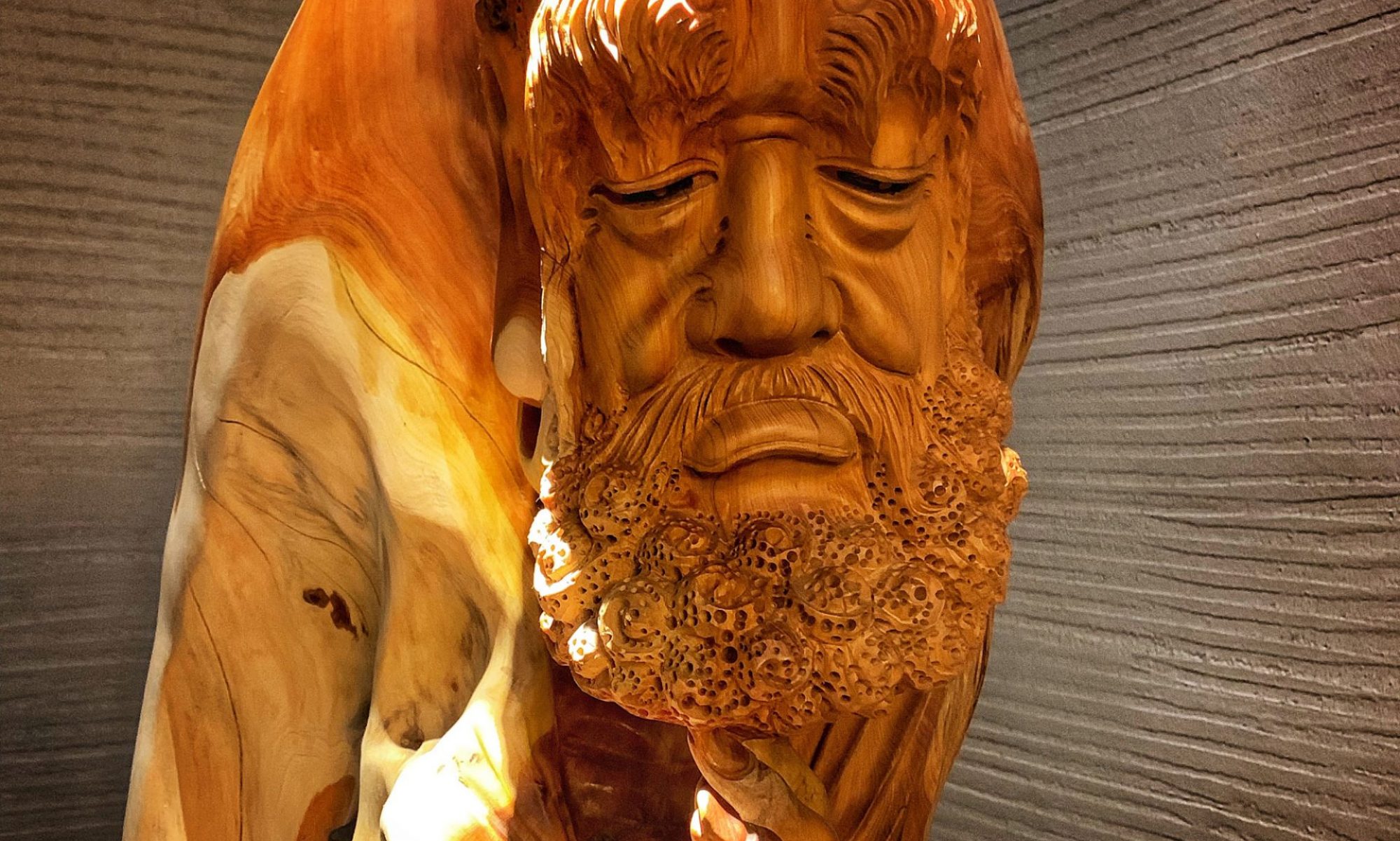Observation is key to understanding a situation. To a scientist, it is the detailed thorough observation that brings about the confirmation of what has been observed. Not once, or twice – but probably umpteen times until the data of each observation tallies with each other.
There are two kinds of observation I have observed in myself – random and keen. Random observation has spaces in between, interrupted by resistance and holding on, wanting and not wanting, with unawareness as its space. When a process is observed randomly, the potential of error is higher. Whereas in keen observation, the tendencies of error is minimize, if not null. Keen observation has the potential of deep understanding.
To observe is not to put any judgment, meaning, opinions or ideas onto it. Observation has the attitude of bearing witness to what is. When I observed I am constantly aware of the intrusion of wanting and not wanting coming into the space. “I” have the tendencies of getting into the way instead of allowing Nature to unfold. I can’t not stop wanting or not wanting except to recognize and acknowledge its presence. By doing so, wanting and not wanting releases me instead of me trying to stop it from arising. In fact, there is no way of me stopping it from arising as I would not know when it will arise until it arise. And what arises cannot be undone as it passed away immediately, replaced by a new arising again. To stop it is futile and delusional. What I can only do is to be present to it, bearing witness without condemning it or fixing it. When I fully accept wanting or not wanting as what is, it releases me instead as I no longer give it the power.
On the same note, wanting or not wanting can be a very important object for me to observe and to understand. It is the block that I need to recognize rather than seeking for the Truth. Realization arises from understanding a situation. Understanding can only come into being when I observe keenly what I need to understand. And for observation to arise, awareness of the present moment is required. In the awareness I am also recognizing constantly that my attitude is not contaminated by wanting and not wanting.

My eyes are keen in observing when there was something of interest to observe, sometime forgetting sleeps as well. When out of focus, most likely it will be random observations and sometime not realising that I had fallen asleep.
But these keen observations are quite rare, unlike random obervations which seems to sneak, always.
Thank you for previous explanations, or rather, “reminders” on my previous queries. It seems very easy to “forget” ideas that give freedom. It seems even easier to get “entangled” with confusions.
Someone told me that the practice is not easy, and difficult. I ponder on his question and here is my answer to his statement: The practice is easy as, literally speaking, there is nothing you need to do except to come into the space of non-doing. the space of pure awareness. The practice is to constantly reminding oneself to come back into non-doing and bear witness to what is going on in the mind. What is difficult is the incessant wanting/not wanting that is enticing you – the old conditioning of grasping. The defilement/ego is making you difficult, not the practise of awareness. So the key is to give attention to the awareness rather than what you are witnessing. So is keen observation. It is just another word to non-doing and of course you got it right when you use the word “interest” – there must be keen interest to understand and naturally keen observation arises naturally.
It is also important to recognize that the practice is about oneself and thus the observation is upon oneself, ie the mind, rather than anything “outside” the world. Focus is unnecessary, as it takes up unnecessary energy. Focus has wanting at the background. So relax and simply enjoy the non-doing as if you are observing a good movie and understanding from it.